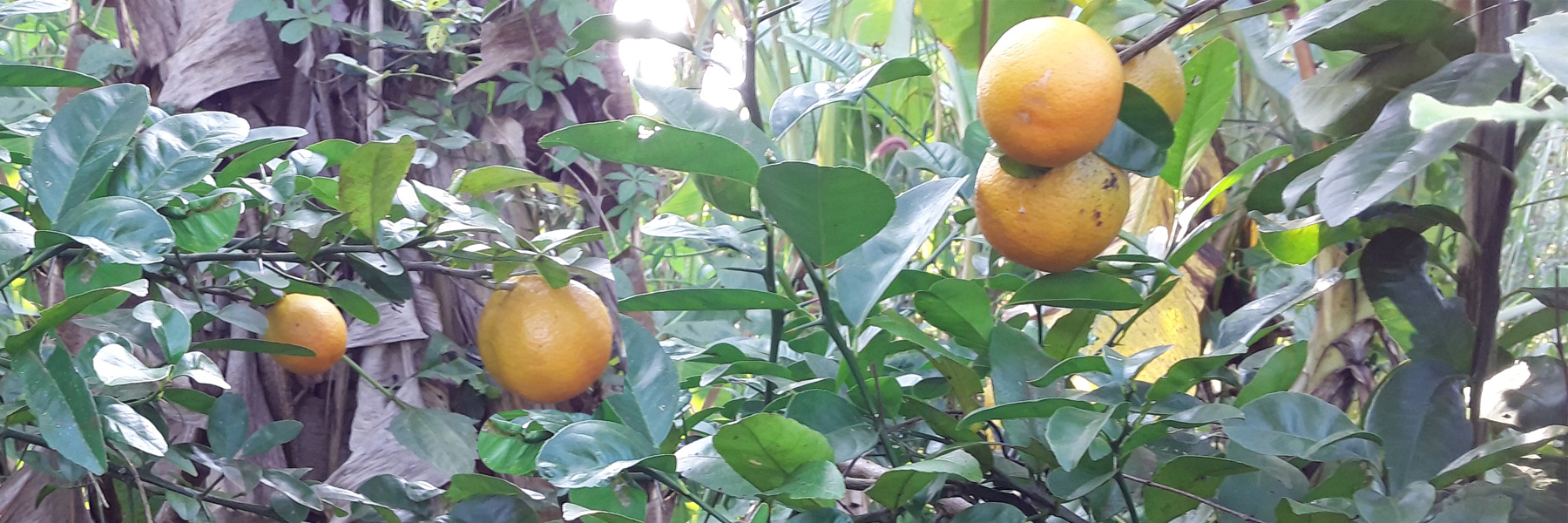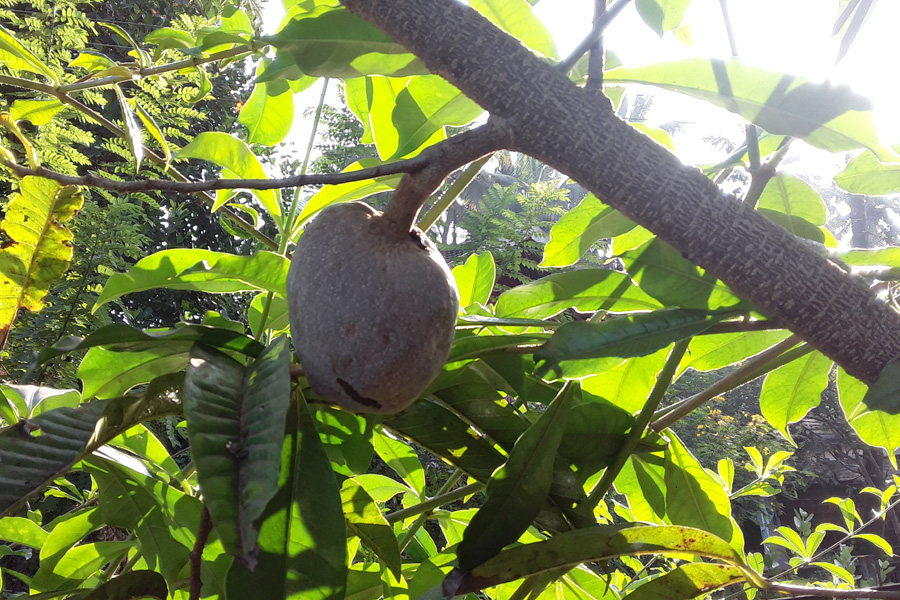



Like homemade food, homegrown fruits and vegetables are considerably distinct from that of a store-bought one in taste, freshness, use of materials to grow them, and have more benefits. Homegrown crops provide us with natural produce which is much better and healthier as compared to what we get in the market. Growing our own kitchen garden will help us procure chemical-free food to maintain a better physical and mental health in a very economical way.
To be on the practical side, it is true that one cannot grow each and every food crop. However, embracing the practice of growing food crops even at the minimum offers a myriad of benefits that go beyond just having fresh produce. This comprehensive look delves into countless of benefits that we can count on homegrown food crops.

Healthier Lives
Fresh food
Fresh food always tastes better as it is picked at peak ripeness and flavor. For homegrown fruits and vegetables we have the convenience to pick what we need, when we need, and choose our own perfect ripeness. This immediacy not only ensures unparalleled freshness but also adds an ease of accessibility to our cooking and eating habits. Homegrown produce does not endure rough shipping conditions to get to the shelf. Shipping process affects flavor, texture, and amount of beneficial nutrients found in the fruits and vegetables. Store-bought food is bred for longer shelf life, aesthetics, and the ability to withstand long-distance transportation. This commercial focus comes at the cost of taste and the nutritional value.
Homegrown foods are cultivated for their taste and health benefits and they epitomize freshness. They ripen naturally on the plant, rather than in a shipping container. By consuming these, we are directly benefiting from the full spectrum of nutrients that nature intended. Homegrown foods bring freshness of flavours and higher nutrient content to our plate that store-bought produce simply cannot match.
Chemical free food
Composting is nature’s way of recycling. Natural compost is produced by the natural decomposition of leaves, grass clippings, tree trimmings, food scrapes, and cow dung. Using natural compost is one of the most powerful actions we can take to address climate change, and build healthy soil. Homegrown food provides us with natural produce which is much better and healthier than what we get in the market. In order to cope with the demand, farmers often use chemical fertilizers to increase their produce. Although this increases the quantity of the produce, compromises with the quality.
From cultivation to shelf, there are many unknowns when we buy food from the market. Chemical fertilizers, pesticides, ripening agents, preservatives, colours, and the list go on. We do not have to worry on these chemicals when we pick a fruit from our own garden. With no chemical exposure, home grown food enhances its natural flavours, making it safer and inherently healthier.
Though GM or GE crops have not yet captured the Indian market, it is just one step away from doing so. Genetically Modified Organisms (GMOs) or Genetically Engineered (GE) crops whose DNA has been altered in ways that cannot happen in nature.
Growing our own food offers transparency from selecting non-GMO seeds to employing natural farming practices. This transparency journey fosters a deeper trust, assurance, and connection to the food we eat, knowing that our food is free from chemicals and genetic modifications and that is priceless.
Healthy, nutrient-dense food comes from plants that are grown in healthy soil. Hence growing our own kitchen garden can help us procure chemical-free food to maintain a better mental and physical health in a very economical way.
Better physical health
Gardening activities require a great deal of sitting, standing, bending, pulling, digging, twisting, and what not! All this leads to the body indulging in exercise without even realizing it. This not only keeps our body healthy but keeps the calories in check as well. Gardening also can improve our balance, strength, and flexibility.
Spending time in nature has more physical benefits. We tend to breathe deeper when outside. This helps to clear out the lungs, improves digestion, improves immune response and increases oxygen levels in the blood. Spending time outdoors has been shown to reduce heart rate and muscle tension. Sunlight lowers blood pressure and increases vitamin D levels. And, of course eating freshly grown food adds to the nutritional value altogether in various ways.
Mental wellbeing
It may sound cliché, but nature is pretty darn beautiful. Varying colours, textures, smells; it is all enjoyable. And truly, we connect with nature when we dedicate time to growing our own garden. Gardening is bound to do wonders when it comes to soothing the mind and uplifting the mood. Horticulture therapy, introduced in 19th century, to promote human healing is proof.
Watching our plants grow and blossom is one of the most joyful feelings anyone can experience, and gardening has been proven to reduce stress according to many scientific studies. Gardening reduces stress hormones and increases happy hormones. The greenery, the colours, the aroma of flowers, the taste of fruits, and the calmness of a garden automatically brings peace and keeps many mental issues at bay.
Furthermore, the self-sufficiency gained from producing our own food is deeply gratifying. It nurtures a sense of independence and confidence in our ability to provide for our family, which is empowering.
Healthier Environment
There is a direct relationship between how we grow and distribute our food and climate change. Food industry is one of the major carbon emission contributors to a warming earth. Carbon emissions start with the clearing of land to make room for large scale agriculture. The removal of trees and the breakdown of key soil components reduce nature’s ability to absorb and store carbon, releasing more carbon into the atmosphere.
Food produced on such a large scale requires artificial fertilizers, synthetic additives and preservatives to stabilize it for the long periods of time between production, distribution, and consumption. This kind of manufactured nutrition is good for none. Growing our own food can help feed our family better while fighting climate change.
Reduces fertilizer and pesticides use
The practice of artificially supporting large scale commercial food production with chemical treatments actually depletes the soil. Without good soil there can be no good food. When we grow, we use natural compost, and natural ways to protect them. It reduces the vast production method using artificial fertilizers and pesticides. By growing our own food, we lessen the burden on our environment.
Reduces carbon emissions
Commercial farming consumes an amazing amount of resources which uses a lot of fuel for cultivation and transportation, producing carbon emissions. We generally do not think about the food transportation since it is almost always waiting for us on our local stores. When we grow our own fruits and vegetables, we grow, pick, wash, and eat it, so carbon emission is nil. By reducing the demand for commercially farmed produce, we can help decrease the carbon emissions and energy consumption associated with food transport and large scale agriculture.
Healthier Ecosystems
The beneficial insects and pollinators like bees and butterflies play a crucial role in the health of our environment. By providing them with a habitat we contribute to the biodiversity and local ecosystems. This relationship is reciprocal as these pollinators, in turn, help our garden thrive.
Economical Savings
Growing our own produce can help us save some money. One time seeds purchase can feed us for months, and with a little additional effort we can produce our own seeds for further cultivation. The cost-effectiveness of this practice is evident in the long term savings and the benefits are substantial.
